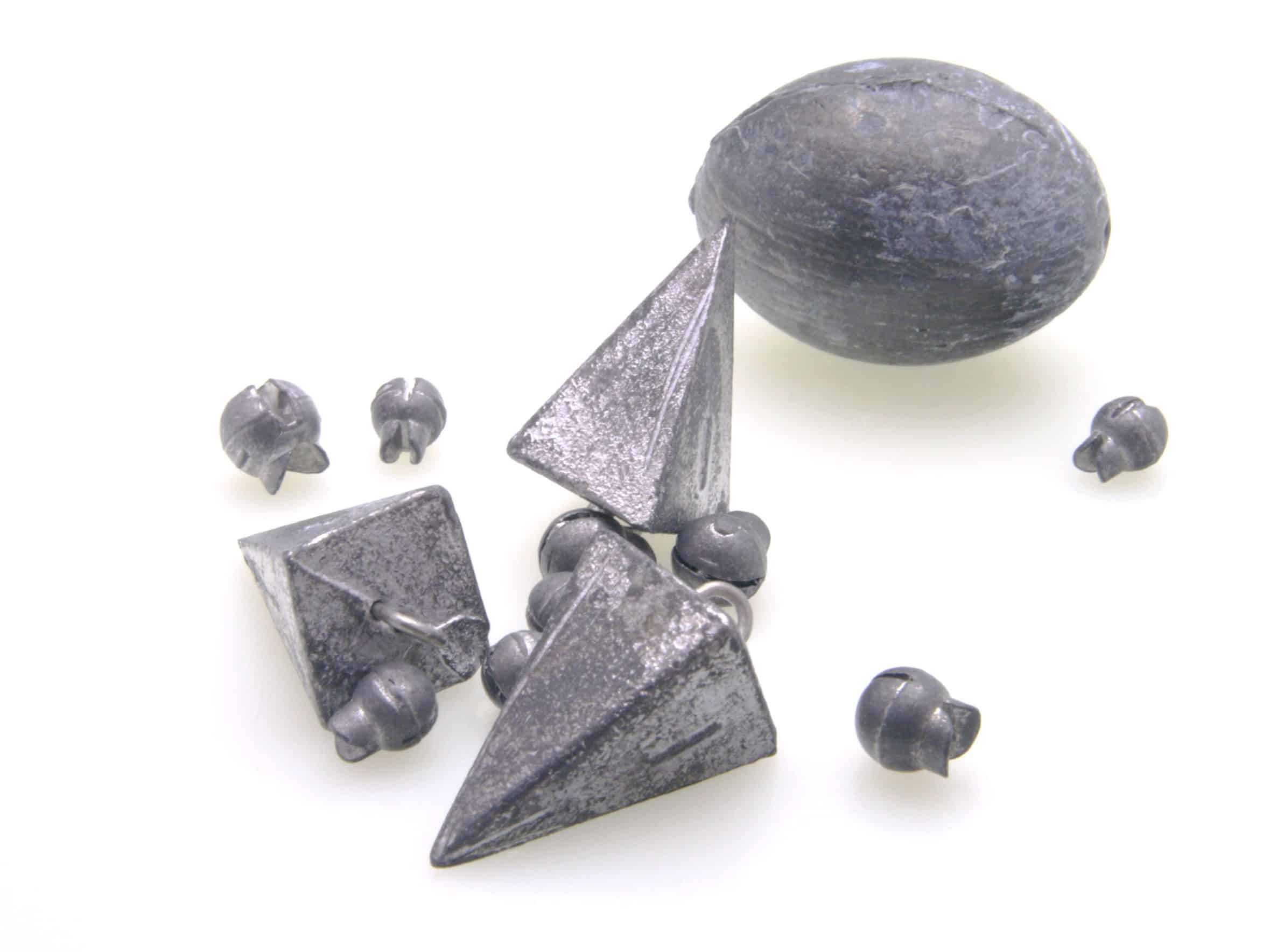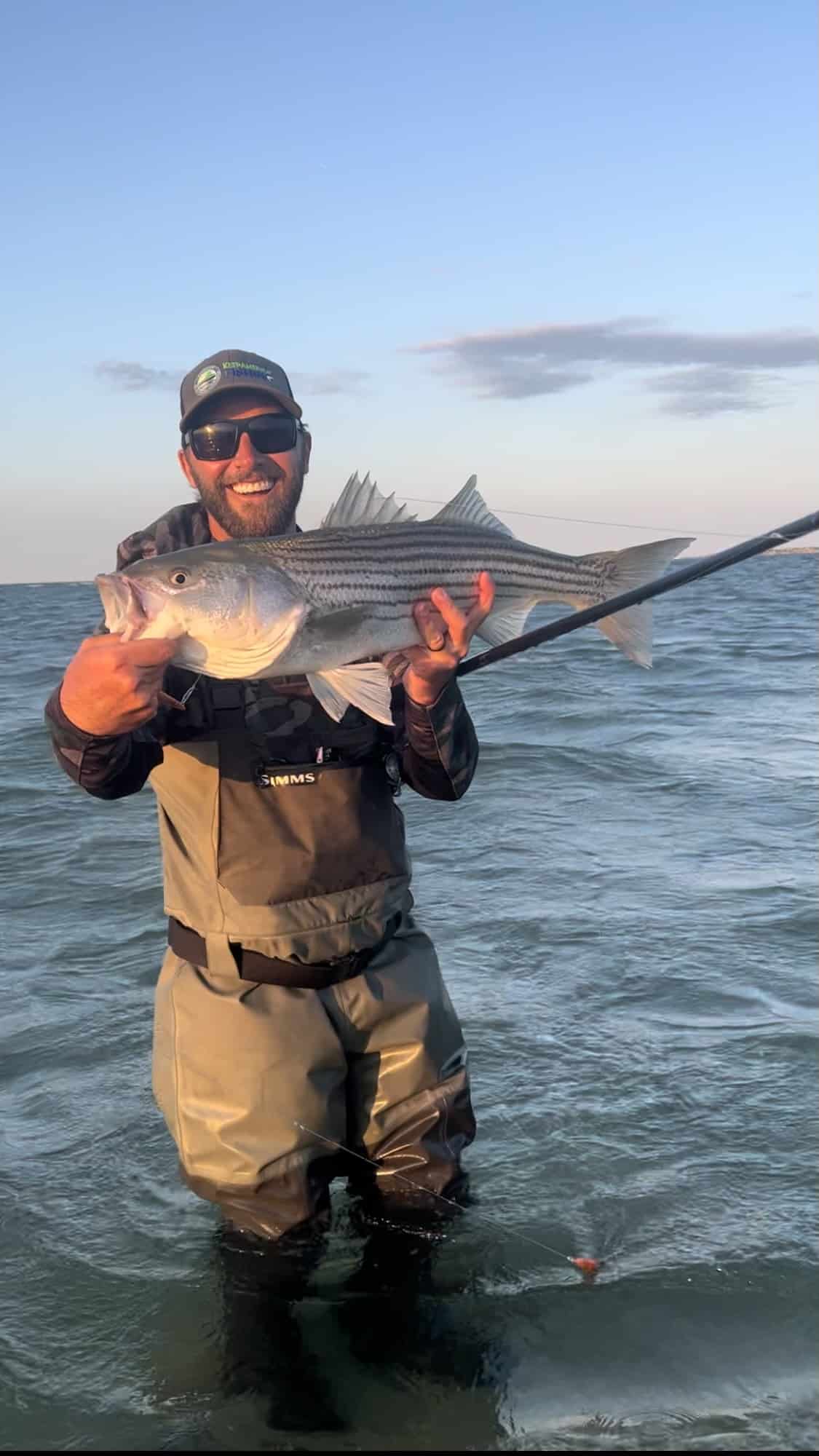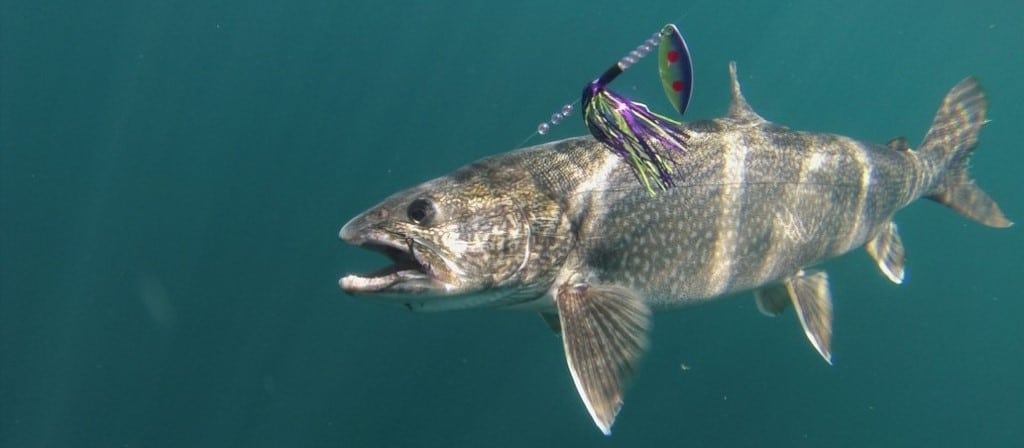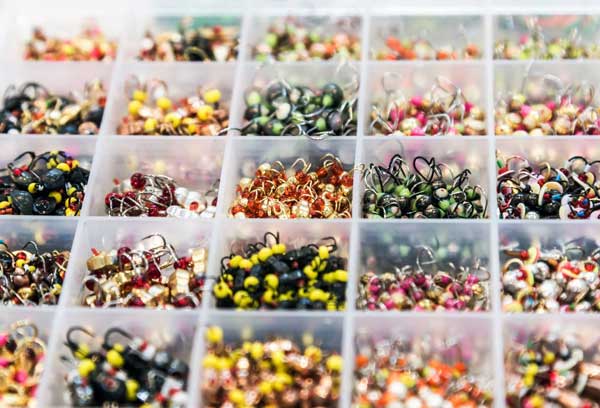The start of the new year doesn’t just mean a new President, Congress, and administration. Legislatures are also meeting in state capitals across the country, and several bills and rules have already been proposed that would have detrimental consequences for the sportfishing industry.
Unlike the federal government, many state governments only assemble for short periods each year to set budgets and pass laws. With such a small timeframe to work under, these governing bodies tend to move quickly before lawmakers head back home for the remainder of the year. While some of these proposals have been recurring themes, a few novel concepts are emerging for the first time.
Bans on Traditional Tackle

One of the more popular attacks on the sportfishing industry is the proposed prohibition of traditional tackle, such as lead sinkers and jigs. Despite the lack of evidence of population-level harm by lead tackle on fish and wildlife, Minnesota legislators have again introduced measures to ban the sale and even the production of lead fishing tackle in the state.
Anglers depend on the performance and affordability of lead. While alternatives exist, they come with tradeoffs in cost and/or performance. Protecting traditional tackle from unwarranted bans is critical for lowering barriers to entry for Minnesota’s 1.85 million anglers and keeping our sport accessible to all. Banning lead will also threaten the state’s $2.7 billion sportfishing economy and potentially impact fishing license sales, which contribute a large share of conservation funding for state fish and wildlife agencies.
The proposed ban has been reintroduced in both the state House (H.F. 1387) and Senate (S.F. 1595). While ASA and our partners have been successful in defeating this effort in consecutive sessions, we are remaining vigilant to ensure these unwarranted restrictions do not become law.
New Hampshire Challenges Recreational Fishing Management
Moving to the Northeast, H.B. 202 in New Hampshire proposed stripping the New Hampshire Fish & Game Department’s Commission of its regulatory authority, relegating the Commission to a purely advisory body. For over 150 years, the Department and Commission have effectively worked to manage New Hampshire’s many fisheries, conserving anadromous fish like shad and striped bass, stocking trout and managing increasingly popular freshwater fishing opportunities.
Scientific, accountable and effective management through the New Hampshire Fish and Game Department’s Commission underpins these success stories and the industry that depends on them. Removing regulatory authority from this body and vesting it in a single appointee jeopardizes the future of these fisheries, subjecting them to the potential whims and political priorities of an administration. Luckily, H.B. 202 failed by an overwhelming 15-0 vote in the House Committee on Fish and Game and Marine Resources.

Also in New Hampshire, the same Committee heard a bill that would essentially ban the use of live bait. While introduced under the guise of invasive species management, H.B. 720 proposed to ban the importation of all live bait fish into the state, regardless of species, origin, or location of production or harvest. As New Hampshire has few aquaculture facilities and little local harvest to support sufficient in-state production, the ban would severely restrict the sale, access to or use of any live bait for freshwater, saltwater or ice fishing.
New Hampshire anglers have long targeted striped bass, pike and walleye with live bait like minnows, shiners and shad, and tackle shops have procured live bait from out-of-state suppliers to meet this local demand for decades. A ban on the interstate trade of live bait would create significant new barriers to fishing, causing significant harm to rural and coastal communities and the sportfishing industry, which contributes over $1.1 billion to the Granite State’s economy.
Thankfully, H.B. 720 also received unanimous opposition from the Committee. However, nearly identical legislation has been introduced in New York. A03330, also proposing to ban the interstate importation of live bait has been introduced and referred to the New York State Assembly Committee on Environmental Conservation.
Commercial Fishing Interests Challenge Lake Trout Recovery
In Wisconsin, state regulators are considering a rule to establish a commercial fishery for lake trout in Lake Michigan. Lake trout fishing on Lake Michigan is a critical piece of the sportfishing industry’s economic impact, supporting small businesses up and down the Lake Michigan shoreline and attracting recreational anglers from across the country.
The lake trout fishery in Lake Michigan sharply declined in the mid-20th century due to water quality impairments, invasive species, and overharvest by commercial fishing. Thanks to the hard work of state and federal agencies and sustainable angling practices by the recreational fishing community. However, data from the Lake Michigan Technical Committee “demonstrates many lake-wide lake trout rehabilitation goals remain unmet….and the limited natural reproduction that is occurring is insufficient for lake trout to be self-sustaining.”

Given the lack of natural reproduction, much of the lake trout available for harvest in Lake Michigan are still raised in hatcheries and stocked by the border states. These hatcheries are funded by revenues from the sale of recreational fishing licenses and grant money from programs like the Sport Fish Restoration Fund, which collects up to a 10% excise tax on the sale of recreational fishing equipment. Allowing commercial interests to harvest fish paid for by the recreational fishing community is a glaring conflict of interest.
Public opinion is largely opposed to commercial fishing in Lake Michigan, as well. At the 2024 Wisconsin Conservation Congress’ annual spring hearing, just 14% of statewide survey respondents approved last year’s question, “Would you support a commercial fishery for lake trout in Wisconsin waters of Lake Michigan?” with all but one of the state’s 72 counties opposed.
What’s on the Horizon?
While these victories are worth celebrating, the barrage of attacks on the sportfishing industry are sure to continue. Earlier this year in Washington, a House committee narrowly advanced a bill (H.B. 1775), that would ban the production and sale of fur, which is essential to the state’s flyfishing industry and widely used in terminal tackle production. A similar bill was introduced and defeated in the state senate last year. ASA is also pushing back against proposals to divert funding from the Maryland Waterway Improvement Fund, and to close striped bass fishing on Connecticut’s Housatonic River, posing major consequences for anglers in the northeast.
ASA will continue to work closely with our agency, industry, and NGO partners to look out for the interests of the sportfishing industry and the entire recreational fishing community.
Want to help? Sign up for Keep America Fishing action alerts and be the first to learn about opportunities to make your voice heard.
Share This Article, Choose Your Platform:
Recent Posts



